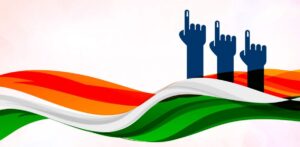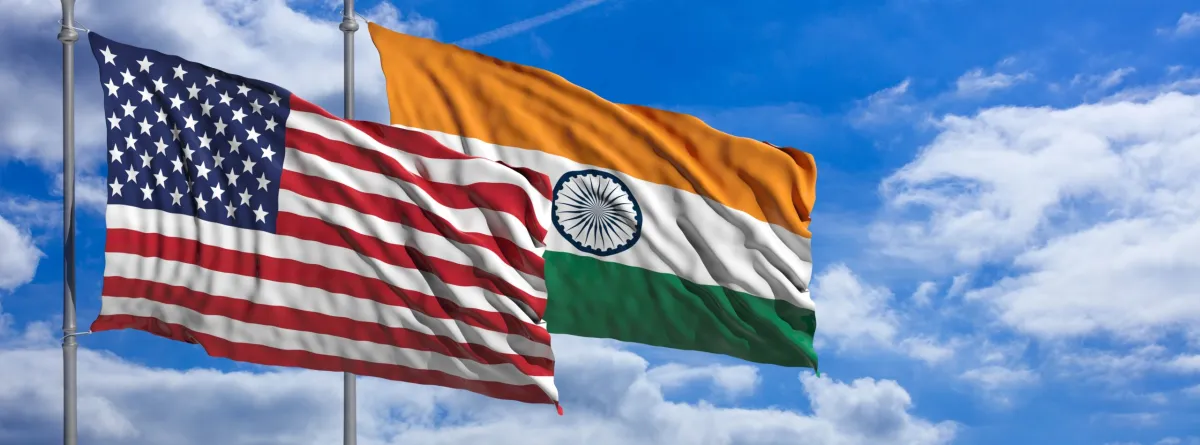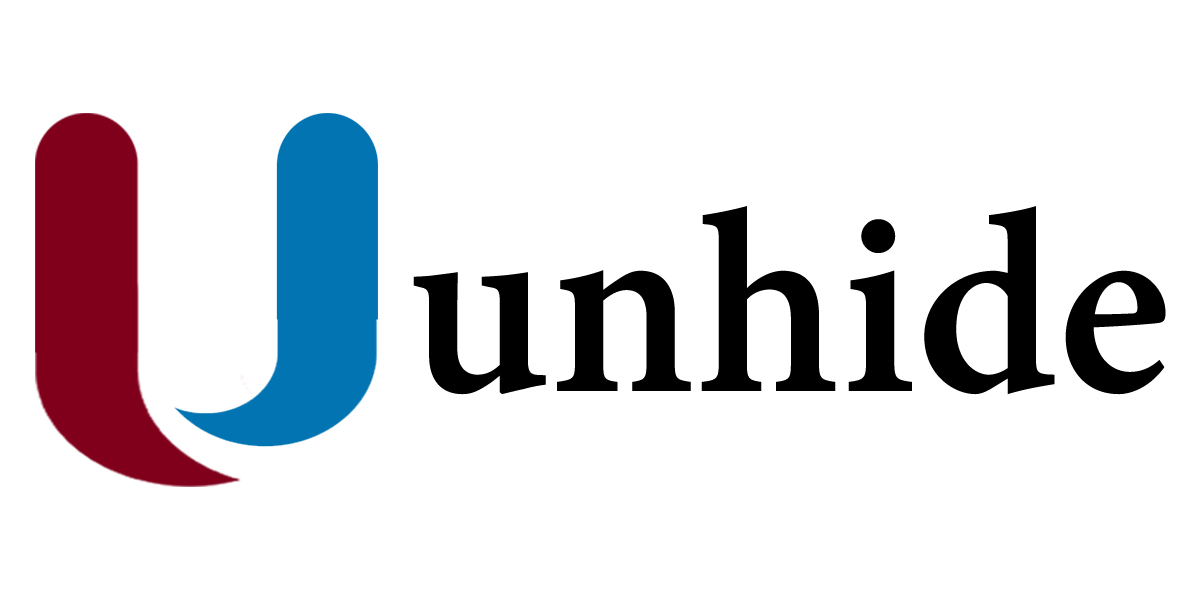The One Nation, One Election (ONOE) initiative aims to align elections for the Lok Sabha and State Assemblies. Currently, these elections happen at different times, which leads to an almost continuous election cycle. The goal of ONOE is to hold both national and state elections together. This would streamline the process, lower costs, and reduce disruptions caused by frequent elections.
The primary objectives of this proposal include:
- Reduce Election Costs: With frequent elections, the government and political parties spend a lot of money. A single election would significantly reduce these expenses.
- Minimize Policy Disruptions: During elections, the Model Code of Conduct (MCC) limits new policies and schemes. A synchronized election would lessen these interruptions.
- Enhance Administrative Efficiency: Fewer elections would ease the burden on the Election Commission.
- Reduce Voter Fatigue: Fewer elections could make voters more engaged and increase participation.
India held simultaneous elections from 1951 to 1967. This system stopped due to political instability. The idea of ONOE has been discussed many times since the late 1990s, especially during Prime Minister Narendra Modi’s tenure.
The idea of reverting to ONOE has been proposed several times since the late 1990s, most notably during Prime Minister Narendra Modi’s tenure. The Law Commission of India (170th report in 1999) and the Election Commission of India have also discussed the feasibility of the proposal, and recently, a high-level committee was formed to evaluate its practical aspects.
Arguments in Favor of One Nation, One Election
- Cost Efficiency: The 2019 general elections cost over ₹60,000 crores. ONOE could cut this by more than half.
- Better Governance: Fewer elections mean fewer policy interruptions, allowing the government to work without constant pauses.
- Less Political Tension: Elections often cause political tension. With ONOE, this would happen only every five years, reducing instability.
- More Focus on Governance: Without constant elections, political parties could focus more on governance.
Challenges and Criticisms of One Nation, One Election
- Legal Changes: ONOE would require changes to the Constitution, especially on election terms.
- Federal Concerns: States might lose some control over their elections if they have to align with the national schedule.
- Logistical Issues: Organizing elections for both the Lok Sabha and State Assemblies at the same time would require a lot of resources.
- Voter Behavior: Voters might confuse state and national issues, which could impact how they vote.
- What Happens If a Government Falls: If a state government falls before its term ends, it raises questions about what happens until the next election.
Political Consensus and Feasibility
ONOE needs broad political agreement. While the BJP supports it, some opposition parties worry about its impact on regional autonomy. The Election Commission is open to the idea but highlights logistical challenges, such as the need for more voting machines and staff.
Conclusion: Balancing Benefits and Challenges
The ONOE proposal could save costs and reduce disruptions. But it faces many challenges

, especially in terms of legal changes and political agreement. It is important to find a balance that maintains regional representation while improving governance efficiency. The debate will continue as the government considers the pros and cons.










